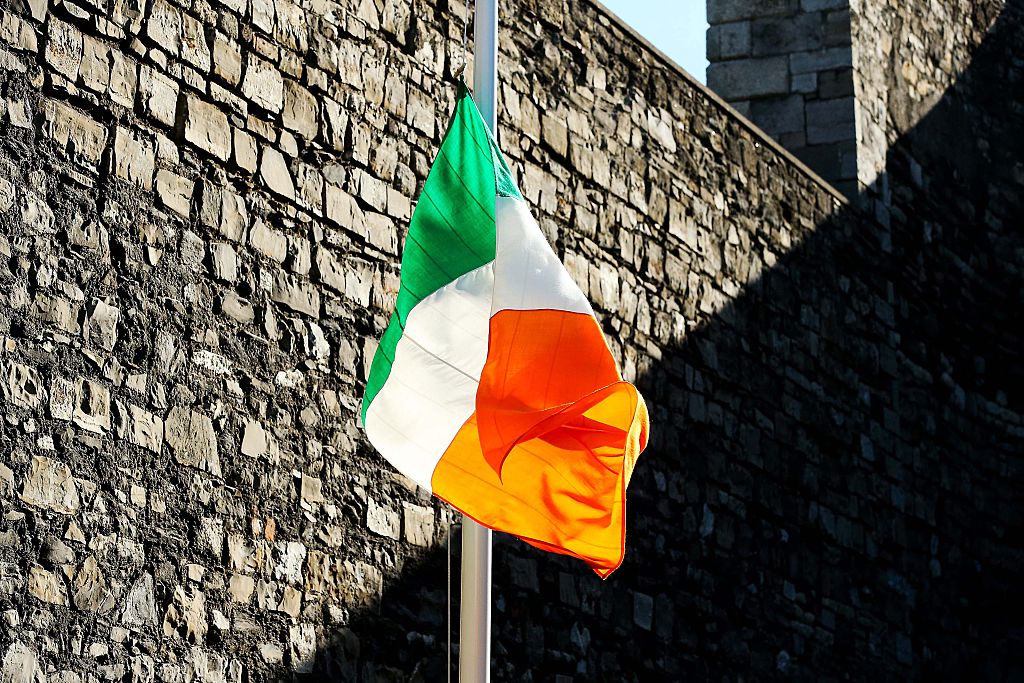Irish foreign minister: A unity vote is coming — but not quite yet


A free daily email with the biggest news stories of the day – and the best features from TheWeek.com
You are now subscribed
Your newsletter sign-up was successful
Britain has voted to leave the European Union, but the now-official Brexit won't happen overnight. The EU has a formal, two-year exit process, which Irish Foreign Minister Charlie Flanagan said Saturday should not coincide with an Irish unity vote.
"I share the view that at some stage in the future that the unification would be in the best interests of the people but only when there is a majority consent of the people in Northern Ireland," Flanagan remarked, adding, "We now have a situation following the referendum, where the U.K. is leaving the European Union. Any further referendums in Northern Ireland would cause a greater level of division than we have now and is therefore in my view particularly unhelpful."
His comments come after Deputy First Minister of Northern Ireland Martin McGuinness called for the unity vote on Friday, arguing that the British government "now has no democratic mandate to represent the views of the North in any future negotiations with the European Union" because 56 percent of Northern Irish voters backed remaining in the EU.
The Week
Escape your echo chamber. Get the facts behind the news, plus analysis from multiple perspectives.

Sign up for The Week's Free Newsletters
From our morning news briefing to a weekly Good News Newsletter, get the best of The Week delivered directly to your inbox.
From our morning news briefing to a weekly Good News Newsletter, get the best of The Week delivered directly to your inbox.
A free daily email with the biggest news stories of the day – and the best features from TheWeek.com
Bonnie Kristian was a deputy editor and acting editor-in-chief of TheWeek.com. She is a columnist at Christianity Today and author of Untrustworthy: The Knowledge Crisis Breaking Our Brains, Polluting Our Politics, and Corrupting Christian Community (forthcoming 2022) and A Flexible Faith: Rethinking What It Means to Follow Jesus Today (2018). Her writing has also appeared at Time Magazine, CNN, USA Today, Newsweek, the Los Angeles Times, and The American Conservative, among other outlets.
